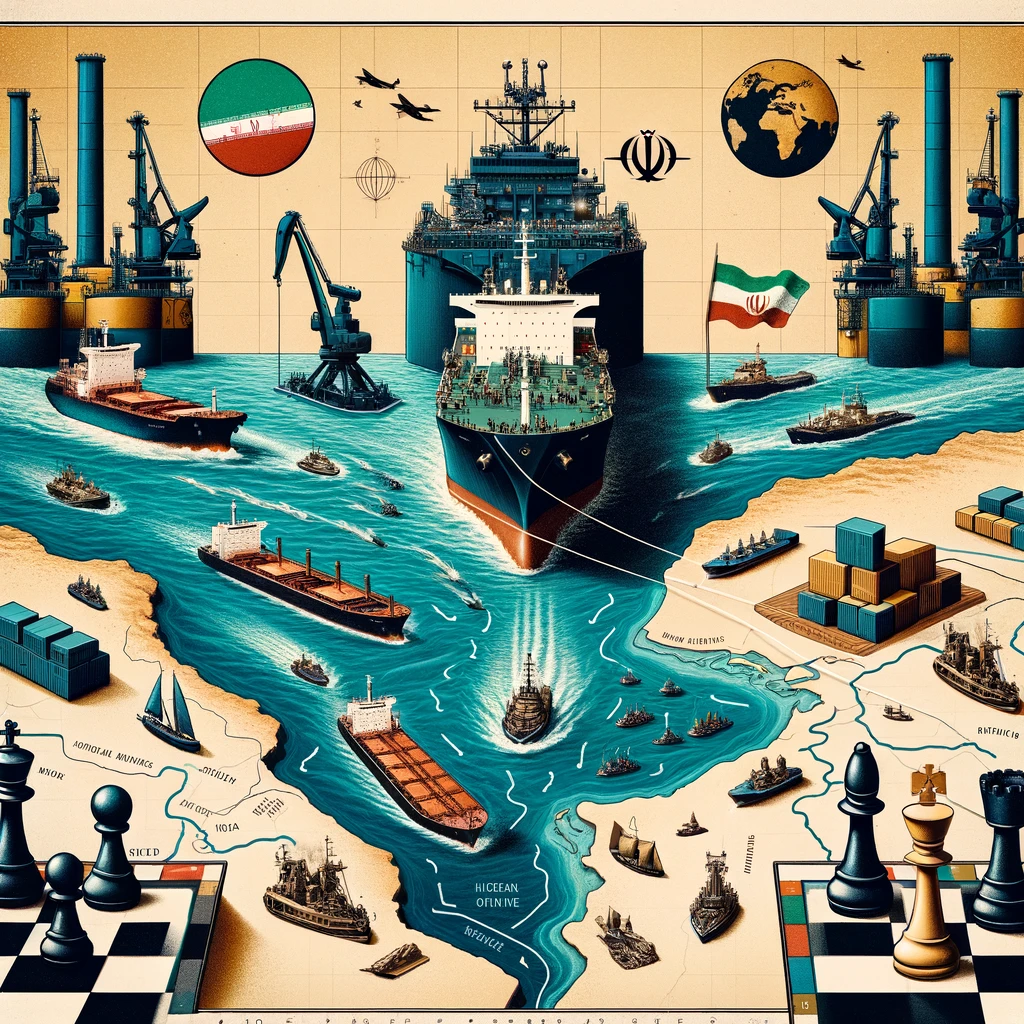Iran's aggressive actions in international waters, marked by hijackings and attacks on vessels carrying essential commodities, have heightened tensions in the already volatile Middle East.Tehran sees these moves as strategic manoeuvres in its ongoing struggle, particularly with the US, over its nuclear program. The targeting of key maritime checkpoints, such as the Strait of Hormuz, is part of Iran's tit-for-tat strategy to strengthen its negotiation position with the West. The frequency of these attacks has increased since 2019, following the collapse of the Iran nuclear deal.
Efforts to revive the pact have failed, and Iran aims to raise costs for the West by disrupting international commerce, hoping to force the US and allies into negotiation. In July 2023, the US reported nearly 20 attacks or seizures of internationally flagged merchant vessels by Iran since 2021. The US Navy has heightened its presence in the Strait of Hormuz, a critical route for a significant portion of the world's crude oil.

Iran's actions extend to the seizure of oil tankers and attacks on US forces in Iraq and Syria, escalating regional tensions. The recent seizure of a foreign oil tanker and the Houthi rebels' Red Sea attacks add further complexity to an already precarious situation. The Red Sea attacks by the Iran-backed Houthis, supposedly in response to Israel's actions in Gaza, compound the risks to a vital maritime trade route.
This turmoil raises concerns about supply bottlenecks, impacting oil, goods, and shipping prices. While crude oil prices temporarily fell, the market remains cautious about potential strong US responses to conflicts in the Middle East. The recent drone assault that killed three soldiers, attributed to Iranian-backed militants, adds another layer to the escalating tensions in the region. The White House is considering potential actions, and the situation continues to evolve with implications for global energy markets and maritime security.
Source: The National News





